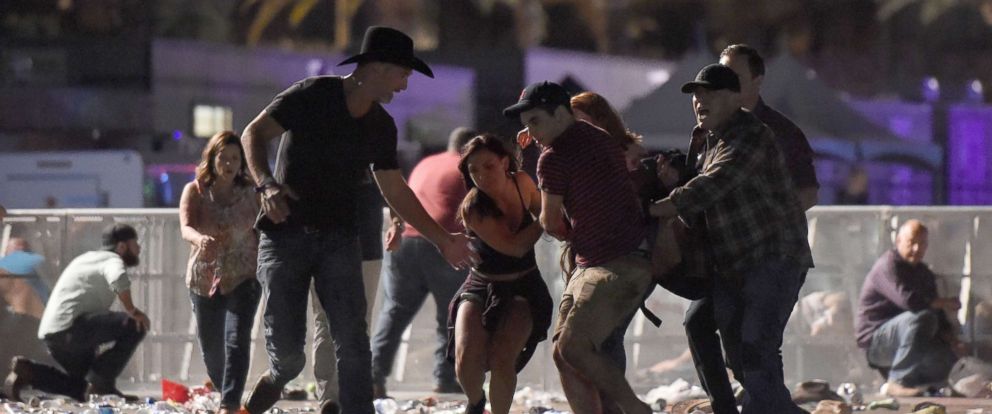
Definitions of terrorism matter. Even though there is no consensus definition in either the academic, policy, or law enforcement communities, definitions matter.
Here’s a few reasons why:
- From an academic and analytical standpoint, we need clear definitions so that we can identify and study like cases. This is essential for generating knowledge that can help us understand why terrorism occurs, the means that terrorists employ, and the range of potentially effective responses available to policy makers.
- From a policy standpoint, the options will be different depending on what motivates an actor to engage in any act of violence, including mass murder. In short, policies aimed at preventing, defending against, and responding to any act of violence will differ depending on whether the individual or group was acting out of criminal self-interest (like Colombian “narcoterrorism” or the more recent brutality unleashed by the Mexican drug cartels), idiosyncratic factors such as mental illness (for example the Virginia Tech and Sandy Hook shooters), or some political motivation (as in Oklahoma City and San Bernardino).
- From a law enforcement perspective, at least in the US, what happened in Las Vegas would not be considered an act of terrorism, as federal law defines terrorism as acts involving links to designated foreign terrorist organizations. Timothy McVeigh, for example, did not face terrorism charges for the Oklahoma City bombing. The reasons why domestic terrorism is not designated as such under federal law are wrapped up in questions of First Amendment protections and a reluctance to consider imposing legal sanctions based on political or religious ideologies, even if they are used as justifications for violence.
So what is terrorism? By definition, terrorism is a political act.
Here’s the most basic definition that I use with my students:
Terrorism is the deliberate creation and exploitation of fear, through violence or the threat of violence, in the pursuit of political change.
Here’s a better, more detailed and nuanced, definition:
Terrorism is premeditated, politically, religiously, or socially motivated violence, or the threat of violence, against civilian targets by non-state actors, usually intended to influence an audience through the creation and exploitation of fear. In short, terrorism is a form of political theater designed to reach beyond the immediate victims of any given attack.
When we define terrorism as a form of political action, we can ask why groups and individuals choose that particular form — violence — over non-violent means in an attempt to produce a desired political outcome. It helps us understand how a group like the Army of God can emerge as a result of the perceived failure of non-violent groups like Operation Rescue to end the practice of abortion. Or how the inability of Students for a Democratic Society to end the Vietnam War through non-violent mass protest can lead to the emergence of the Weather Underground.
I think it matters that the media get it right insofar as the media has the ability to shape both public perceptions and policy responses.
If every act of mass killing is terrorism, then there is no substantive difference between Charles Whitman in the tower at the University of Texas, Eric Harris and Dylan Klebold at Columbine High School, Wade Michael Page at the Sikh temple in Oak Creek, WI, or the Tsarnaev brothers at the finish line of the Boston Marathon.
And yet we know they were all driven to act by different motives and impulses.
Not every terrible act is an act of terrorism. Not every case of mass murder, no matter how disturbing or terrifying, is terrorism.
Until we know more about why Stephen Paddock did what he did — and we may never know — we cannot call what happened in Las Vegas on Sunday night terrorism.